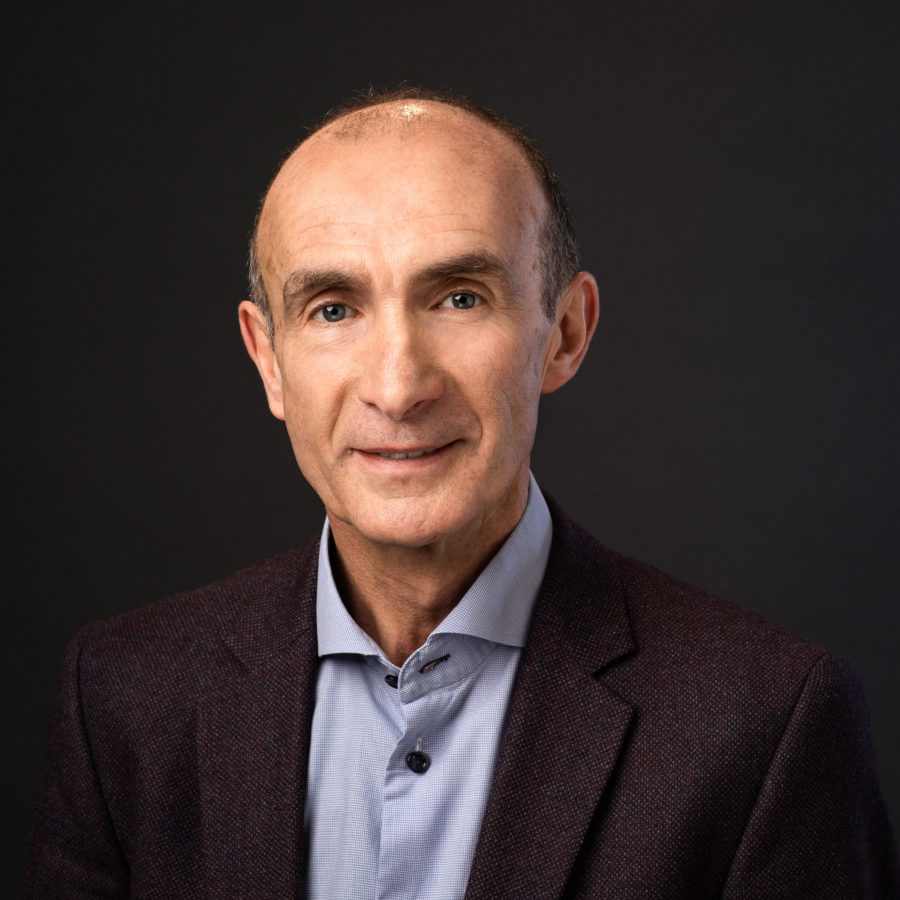Related Articles
To Thine Own Self be True: Leadership Lessons in Authenticity
This above all: to thine own self be true.
And it must follow, as the night the day,
Thou canst not then be false to any man” – Hamlet, Act I, Scene III
Authenticity is often characterised by the famous quotation from Hamlet, in which Polonius gives the following advice to Laertes:
“This above all: to thine own self be true.
And it must follow, as the night the day,
Thou canst not then be false to any man” – Hamlet, Act I, Scene III
While this might be wise advice to Laertes, it is not universally applicable to leadership. The simple reason is that authenticity and authentic leadership are not one and the same. Unfortunately, some leaders believe that they simply need to be true to themselves in order to be an authentic leader.
However, this is really only half the story. Simply being true to oneself does not recognise that authentic leadership is, at its core, a relationship with those around you. What we need to explore is how we should build upon the foundation of authenticity to develop as authentic leaders.

The Gold Standard
The topic of Authentic Leadership has been around for quite a while. It has even been referred to in the Harvard Business Review as the “gold standard for leadership”. Without focusing too much on definitions of authentic leadership, it’s generally agreed that authentic leaders are very self-aware and have a strong personal value-system. They also lead from a position of trust and connect with others at a very personal level. Organisationally they are mission-driven and adopt a long-term perspective.
For authentic leaders, leadership is not a static ‘me and them’, a leader with followers. Rather, leadership is an on-going relationship that requires intent and effort. Authentic leadership is about authentic relationships. Building and maintaining these relationships requires more than just authenticity and good intent. It also requires a range of emotional intelligence skills.
With this in mind, and as a means of moving beyond just authenticity, I’d like to propose three emotional intelligence skills that leaders should continuously develop and practice if they wish to grow as authentic leaders.
Developing Emotional Intelligence as a Leader
1) Broaden your self-awareness beyond yourself. Leaders need to increase their awareness of how others impact the leader’s own decision-making and emotional responses. Take time to reflect on the external triggers that invoke an emotional response. These might be particular people, situations or topics. Ask yourself, “are these responses serving me and others well?”
2) Develop more Empathy. The key to developing greater levels of empathy is to become a better listener. In addition to listening for facts, ask yourself, “how does this person feel about this?” Reflect back to the other person what you’ve heard them say: this clearly says to the other person “I understand you”.
3) Increase your range of emotional expression. In other words, learn to more skilfully share with others what you are feeling as well as what you are thinking. You are doing this already because “your body never shuts up” – in other words, you are always communicating with your body language, facial expressions etc. Being more skilful is not about acting or putting on a false image. The leader needs to be aware of how she “shows up” as a leader every day and how this impacts on others.
So, to return to our friend Polonious, perhaps a better piece of advice might have been:
“To thine own self, and others, be true”
People will remember how you made them feel, long after they’ve forgotten what you said.
Billy Byrne is an IMI associate on the High Impact Leadership programme.
He is an executive coach, leadership development specialist and an associate at KinchLyons, Organisational Psychologists. Billy holds masters degrees in organisational behaviour and coaching. He is a chartered fellow of CIPD and Council Member of EMCC. To date he has completed sixteen marathons.
For more on coaching and how it can impact individuals and the organisation as a whole, explore our IMI Diploma in Executive Coaching.





